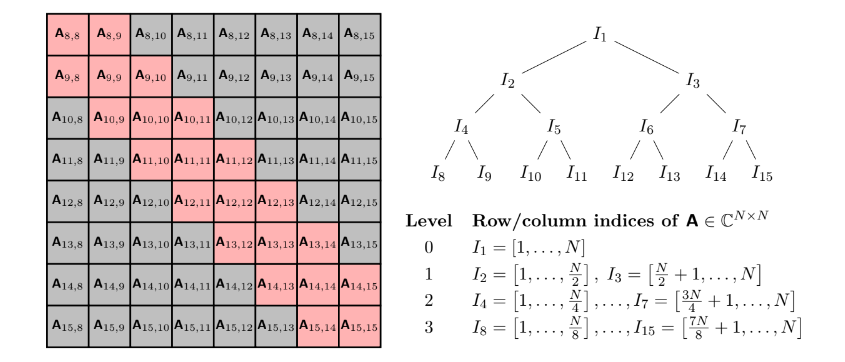The allure of superheroes with double lives captivate society’s collective imagination - from Peter Parker swinging between the responsibilities of high school and saving cities as Spiderman, to Clark Kent’s transformation from a mild-mannered accountant to Metropolis’ resident protector.
Here at the Oden Institute of Computational Sciences and Engineering, postdoctoral researcher Kate Pearce lives a double life of her own. By day, she works as a postdoctoral fellow at the Center for Numerical Analysis, researching rank-structured matrix compression. By night, she serves as an advocate for bringing mathematics education to Lockhart Correctional Facility - teaching college-credit bearing courses through the Texas Prison Education Initiative that seek to target the systemic inequities that incarcerated women face in terms of access to STEM education.
This year, Pearce was awarded the NSF-DMS Ascend Postdoctoral Fellowship, a program designed to support and provide funding to researchers who will broaden the participation of groups that have been historically excluded from, or are currently underrepresented in STEM fields, while pursuing their postdoctoral research.
This fellowship allows Pearce to continue her work with Oden Institute core faculty member Per-Gunnar Martinsson on rank-structured matrix compression. “Modern computer architectures allow us to solve increasingly large and complex problems in scientific computing,” Pearce shared, “and many of these problems require the application of algorithms from numerical linear algebra.” However, as datasets get larger and more complex, with up to billions of degrees of freedom, computational performance is capped by algorithmic complexity and becomes bottlenecked by the inefficient use of computational resources.


